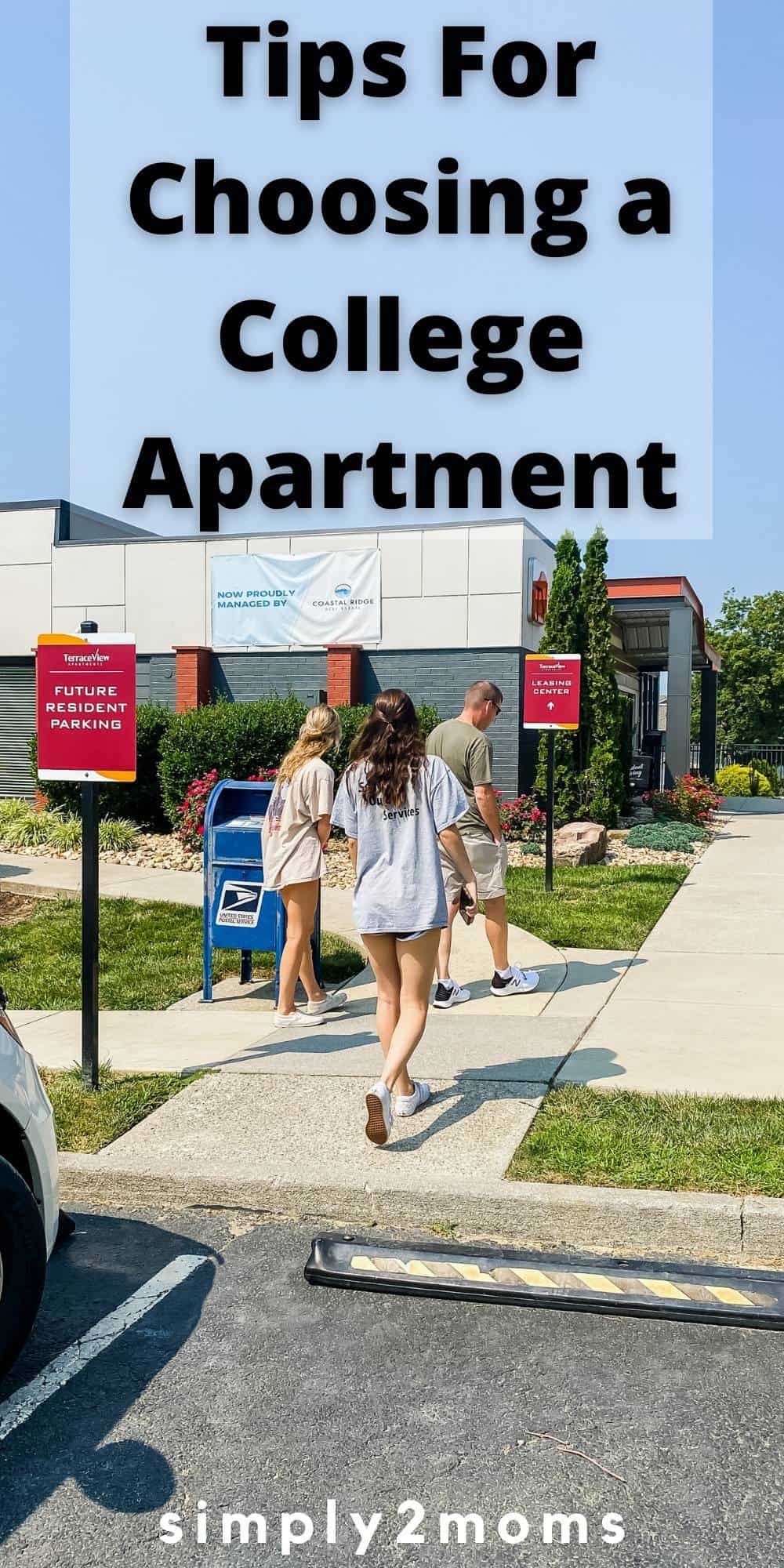The costs can include fees for the title search, appraisal, and other services. They may also include charges for loan origination, document preparation, and insurance. In Florida, buyers are typically responsible for paying the closing costs. However, in some cases, the seller may agree to pay a portion of the costs.
How much do sellers pay in closing costs in Florida?
Florida sellers should expect to pay closing costs between 6.25–9.0% of the home's final selling price, including real estate agent commissions. Based on the median home value in Florida ($388,635), that's anywhere from $23,290–34,980. Florida seller closing costs can vary considerably by county and circumstance.
Are realtor fees included in closing costs in Florida?
In Florida, you'll pay about 3.24% of your home's final sale price in closing costs, not including realtor fees.
Who pays closing attorney fees in Florida?
Your lawyer's fee is based on agreement. Typical broker's commission costs can run about 6% of the sales price. Typically, the buyer pays its closing costs and the seller pays its closing costs. Some agreements of sale may provide that the seller pays some of the closing costs.
How much are closing costs on a $300000 house in Florida?
So What Is The Average Closing Cost? The simple overarching answer is that the average closing cost in Florida is 1.98% of whatever the final purchase price is. Since the average house in Florida is currently in the $200,000 to $300,000 range, that means the average range of closing costs is going to be $3960 to $5940.
Who pays closing costs in a florida real estate transaction
Dec 13, 2022 — You're responsible for paying the real estate commissions of both your agent and the buyer's, which traditionally adds up to around 6 percent of
Weekend spent moving - into new house, Evie out of college apartment, everything out of our rental #AdventuresInHomeBuilding pic.twitter.com/PClquGFg3P
— Dave Parfitt (@AdventuresByDad) May 29, 2023
How do you live on your own in college?
8 Tips for Living on Your Own in College and Beyond
- Transition Gradually to Independence.
- Create a Budget.
- Plan How to Split Shared Expenses.
- Decide How to Divide the Chores.
- Learn Basic Household Maintenance.
- Organize Flexibly.
- Give Everyone Their Own Space.
- Practice Open Communication.
Frequently Asked Questions
Is it cheaper to live on campus or off?
The rental cost of living off-campus is cheaper than the price of a room or bed in the school, although additional running costs on utility, furniture, and fixtures might eventually scale up the cost of living outside the campus and bring it to par and sometimes more than the cost of college dorms.
Who typically pays closing costs in FL?
Buyers
The costs can include fees for the title search, appraisal, and other services. They may also include charges for loan origination, document preparation, and insurance. In Florida, buyers are typically responsible for paying the closing costs. However, in some cases, the seller may agree to pay a portion of the costs.
Who pays title closing fee in Florida?
According to the experts at Royal Shell Real Estate, in most Florida real estate transactions the closing costs are split between the buyer and the seller. The seller typically pays 5% to 10% of the home's value in closing costs, while the buyer is responsible for 3% to 5%.
FAQ
- Who pays for doc stamps in Florida?
- Sellers are typically responsible for paying the Florida Documentary Stamp Tax on the deed, while buyers who are financing usually foot the stamp tax bill on the mortgage itself.
- Is it OK to live alone in college?
- So if you've ever wanted to live alone, go for it! It's going to be hard work + you're going to learn a lot about yourself. But you'll also have the most amazing feeling of independence, self-growth, + love for yourself that you've never experienced before.
How to rent and apartment at college
| Who pays what closing costs in Florida? | The costs can include fees for the title search, appraisal, and other services. They may also include charges for loan origination, document preparation, and insurance. In Florida, buyers are typically responsible for paying the closing costs. However, in some cases, the seller may agree to pay a portion of the costs. |
| Can seller pay all closing costs in Florida? | In general, closing costs in Florida are split between the seller and the buyer, with the buyer paying more. This arrangement can vary depending on the county and what the parties agree to. |
- What does buyer have to pay?
- Buyers are responsible for the closing costs related to paying their mortgage lender as well as getting established in their new home. In general, the buyer pays all costs related to the home loan, the property and the required insurance policies.
- Does the seller pay realtor fees in Florida?
- Sellers Pay Real Estate Commission Fees The Realtor commission fees are then split between the listing agent's brokerage and the buyer's agent's brokerage. The respective brokerages then give the agents their portion of the commission. Oftentimes, the realtor fees are split equally between the brokerage and the agent.
